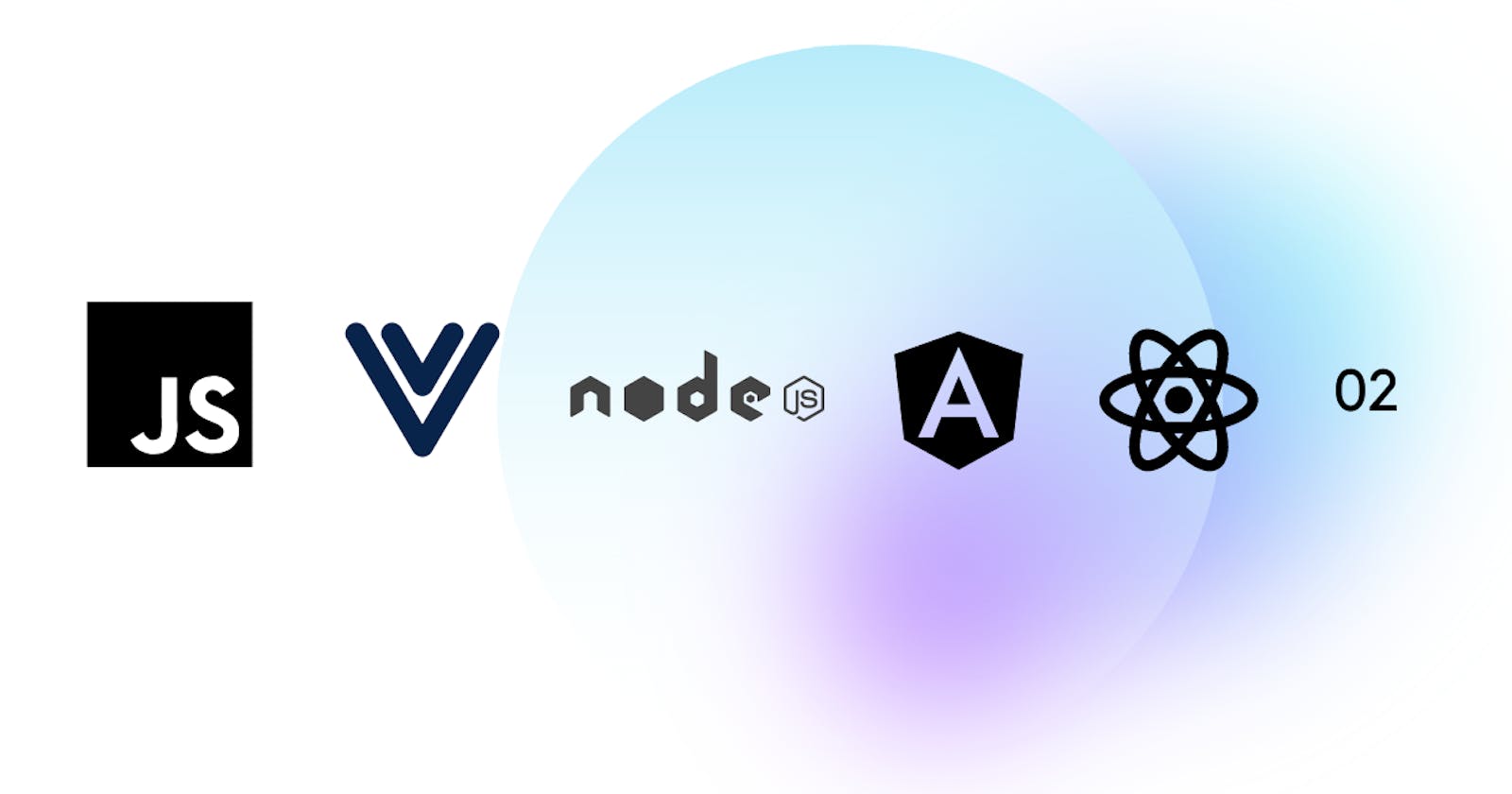Why Does JavaScript Have Too Many Framework?
JavaScript is known for it's wide array of frameworks, here's why it has so much.
Table of contents
There's no need to resay it, and JavaScript has become one of the major programming languages ever to exist. It is used by 67. 8% of developers worldwide use it, while, of course, python is right behind it, which is used by 41% of developers. Of course, you can already guess developers worldwide will be using JavaScript to do a lot of things, so as use cases differ, so will the language. Hence the birth of frameworks.
At some point, it had almost become as if JavaScript had a new framework or library come out every new year. It even became a meme topic at some point, and it pressured JS devs to learn the latest if they wanted a job at a tech company. JavaScript has 24 frameworks, and 83 libraries, more like any programming language currently has. So, why? Why exactly does JavaScript have that many frameworks?
Use Cases
JavaScript skyrocketed in popularity a few years after it came out. Many developers were using it for their websites, and honestly still today. It's still the default scripting language for any website out there. As you've guessed already, companies started incorporating this excellent language into their source code, making all of their services work seamlessly.
Frameworks only came to life when developers realized that re-writing the same code frequently doesn't make any sense. Essentially frameworks allow developers to reuse code, so developers won't need to redo anything from scratch. Automatically you can expect developers to implement these frameworks being developed in JavaScript since it's the primary language they use for development.
As the use case of Frameworks grows, developers will start to make frameworks and libraries public, which means a lot of people can access them. So what's logical? Since javascript is the most used programming language, the Frameworks and libraries will automatically match it.
Strong Community
JavaScript has a robust community, and the community is enormous, if not the largest. The javaScript community accepts new frameworks, as it makes their work seemingly easier. It makes developers want to see what other areas need tackling and roll out a framework for that problem. Let me give you an example.
JQuery was released in 2006, and though it might not technically be the first JS framework, it paved the way for so many more. The acceptance of jQuery was explosive, and every freaking company adopted the framework to the point that it was a must-have skill if you were a JS developer. More developers and companies will begin to roll out more frameworks and libraries for more javascript developers out there simply because the JS community accepts it the most.
After JQuery's success, we began to see massive companies like Google. and Facebook rolls out something of their own. An internal Google employee developed AngularJS, and it's now backed and supported by the company same with Facebook (or now Meta)'s ReactJS. These libraries are heavily adopted in many companies, and it's a skill every JS developer must-have.
Conclusion
So, what am I saying? In essence, I am saying that as JavaScript began to grow in usage, the use cases allowed developers to create frameworks to reduce re-writing of the same code, over and over again. Due to the massive acceptance of one framework or library, other frameworks began to pop out and still got a better reception than any other framework out there. For example, NodeJS has a way larger market than Django, with 80,000 + websites powered by it instead of the 20,000+ powered by Django. The same applies to NPM and PIP.
One thing's for sure, though, the JavaScript era is here to stay. At this point, you can build web apps from end to end, android apps, games, and even use it to manipulate huge data. All thanks to the massive library of frameworks the JavaScript community has developed.

